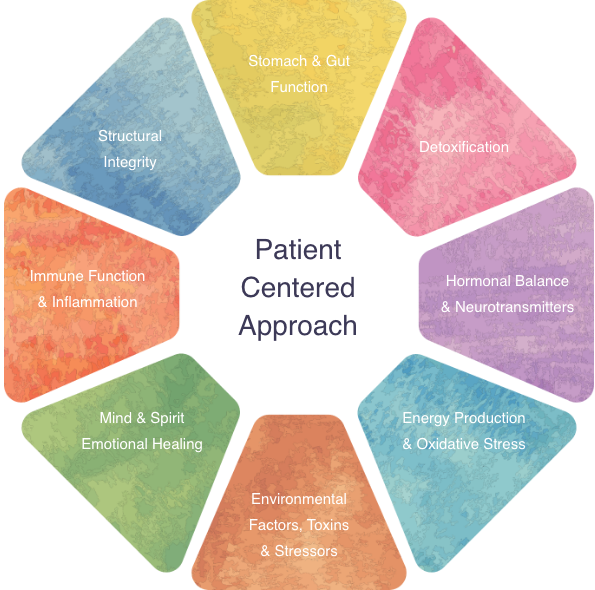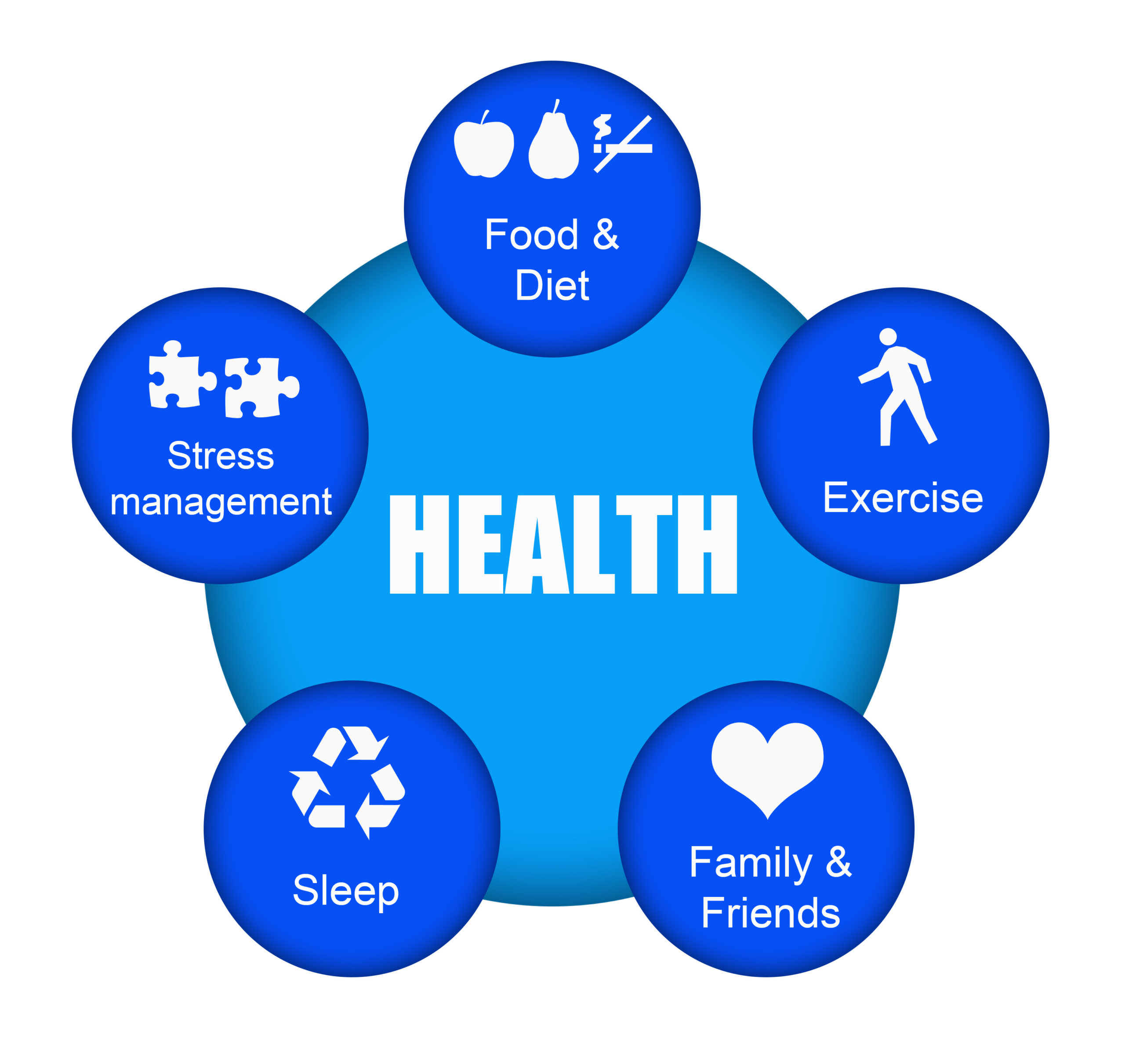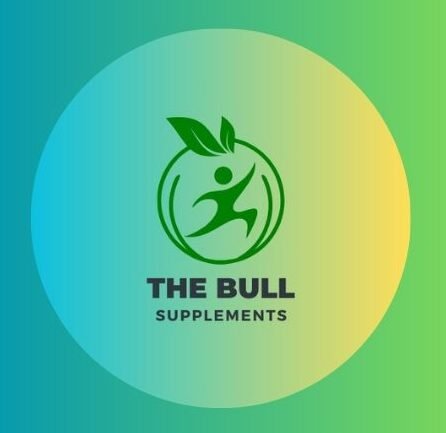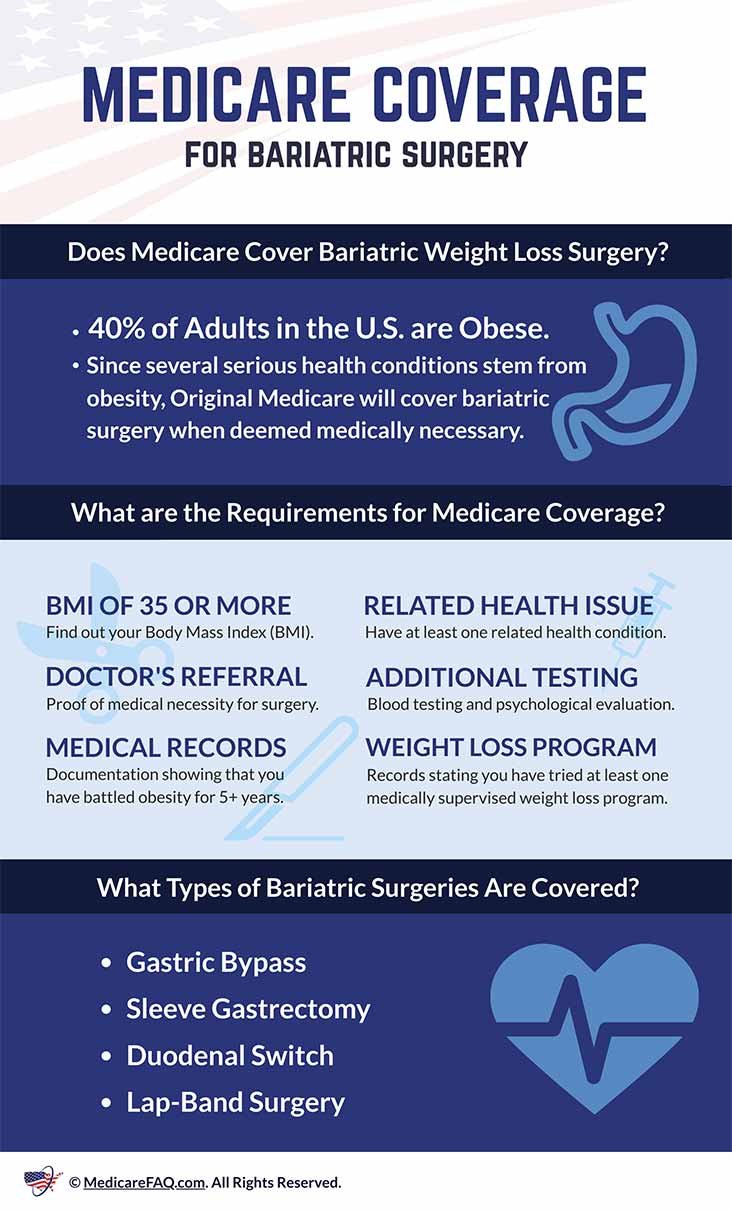Optimal health is a state of complete physical, mental, and social well-being. It transcends the absence of disease or infirmity, focusing on the dynamic balance of the aspects of a person’s lifestyle and environment.
Understanding optimal health requires appreciating that it is a continuous pursuit rather than a stationary goal. It involves engaging in behaviors that promote balanced nutrition, regular physical activity, and mental resilience, while also managing stress and fostering social connections. Achieving optimal health is not merely about overcoming illness, but flourishing in one’s life, with a body and mind in sync to handle life’s challenges.
It integrates proactive healthcare, healthy choices, and a positive outlook towards life, creating a holistic approach to living well. Recognizing individual differences in health thresholds, it remains imperative that personal health strategies are tailored to suit unique needs and lifestyles for each person aspiring to reach their pinnacle of well-being.
The Essence Of Optimal Health
Think of your health as a complex puzzle. The right pieces create a perfect picture. That’s what we call optimal health.
Achieving optimal health is about more than avoiding sickness. It’s about reaching a state where your body, mind, and spirit unite for peak performance.
Defining Peak Wellness
What does peak wellness mean? It’s when every part of you works at its best. Your heart beats strong. Your mind is sharp. You feel good inside and out.
- Energetic body – You have the energy to play, work, and enjoy life.
- Sharp mind – Your thoughts are clear. Learning and remembering things is easy.
- Stable emotions – You stay calm and happy even when life gets tough.
The Holistic Approach
To reach optimal health, look at everything. Eating, sleeping, exercise, and relaxing are like pieces of a puzzle. They fit together to make you feel great.
| Area | How It Helps |
|---|---|
| Diet | Gives you the right fuel for energy. |
| Sleep | Helps your body and mind to rest and heal. |
| Exercise | Keeps your body strong and working well. |
| Mindfulness | Keeps your thoughts focused and calm. |
Each part of your life affects your health. When you balance them all, optimal health is the prize you get.

Credit: www.youroptimalhealthsolutions.com
Physical Wellness: Building A Strong Foundation
Imagine your body as a fortress. Physical wellness is the solid ground on which this fortress stands. It’s not just about being disease-free. Optimal health means tuning your body to function at its best. Let’s dive into the bedrock of physical health: a strong foundation.
Crucial Elements Of Physical Health
Several key factors make up the base of physical wellness. Think of them as the pillars that keep you standing tall:
- Nutrition – Fueling your body with the right foods
- Exercise – Keeping muscles and bones robust
- Sleep – Restoring energy and healing daily wear and tear
- Hydration – Maintaining body fluid balance
- Stress Management – Keeping the mind clear and focused
Common Misconceptions
Myths cloud the truth about maintaining physical health. Let’s clear the fog:
| Misconception | Truth |
|---|---|
| Exercise means hours at the gym. | Regular, short bursts of activity also count. |
| Healthy food tastes bland. | Nutritious can be delicious with the right recipes. |
| Sleep is for the weak. | Sleep is a powerhouse for recovery and health. |
| Stress is always bad. | Managed stress can actually motivate and strengthen. |
Nutrition’s Role In Achieving Optimal Health
Achieving optimal health feels like solving a complex puzzle. Each piece is vital. Among these, nutrition plays a crucial part. Think of nutrition as the fuel that powers the machinery of our body. Without the right fuel, even a well-built engine can sputter and fail. By focusing on nutrition, we give our bodies the best chance at functioning flawlessly, potentially extending our lives and enhancing our day-to-day well-being.
Dietary Building Blocks
The human body requires a diverse range of nutrients to perform at its peak. These nutrients, which we can call dietary building blocks, are essential for maintaining health, supporting growth, and enabling the body to carry out its necessary functions.
| Nutrient Type | Role in Body | Examples |
|---|---|---|
| Macronutrients | Provide energy | Carbohydrates, Proteins, Fats |
| Micronutrients | Support cell function | Vitamins, Minerals |
| Water | Facilitates bodily processes | N/A |
| Fiber | Aids digestion | Vegetables, Whole grains |
Individualizing Nutrition
Every person is unique. Recognizing this, individualizing nutrition becomes key. What works well for one person may not benefit another.
- Age, lifestyle, and health conditions influence dietary needs
- Food preferences and intolerances play a role in personalizing diets
- Customized nutritional plans cater to individual goals
A tailored approach ensures everyone has the right balance. It allows for optimal nutrient absorption. It also reduces the risk of chronic diseases.
Mental And Emotional Well-being
The journey towards optimal health isn’t just about the body. Mental and emotional well-being are the pillars that support our entire health framework. Understanding psychological health and learning to nurture it through mindfulness and resilience can transform lives. Let’s dive into the pivotal role of mental and emotional health.
Understanding Psychological Health
Psychological health is multi-faceted. It includes our emotional, psychological, and social well-being. It affects how we think, feel, and act. It also helps determine how we handle stress, relate to others, and make choices. Good mental health is not just the absence of mental health problems. It is also the presence of positive characteristics. Such as:
- Self-acceptance
- Good relationships with others
- Autonomy and independence
- Purpose in life
- Ability to cope with stress
- Continual personal growth
Cultivating Mindfulness And Resilience
Mindfulness and resilience are key to maintaining mental health and overall well-being. They empower us to live in the present and recover from adversity. Here’s how to cultivate them:
| Mindfulness | Resilience |
|---|---|
| Practice daily meditation | Build strong, supportive relationships |
| Engage in regular deep breathing | Set realistic goals and take steps to achieve them |
| Take mindful breaks throughout the day | Develop problem-solving skills |
| Focus on one task at a time | Learn to accept change as part of life |
The Link Between Sleep And Wellness
The link between sleep and wellness is undeniable in the quest for optimal health. Adequate sleep is a key pillar of well-being. It affects mood, cognition, physical health, and longevity. Understanding this connection can transform one’s approach to health.
Sleep Strategies For Health
To enhance overall wellness, consider these sleep strategies:
- Set a regular sleep schedule – Go to bed and wake up at the same time every day.
- Create a restful environment – Ensure the bedroom is dark, quiet, and cool.
- Limited screen time before bed – Avoid phones, tablets, and computers.
- Relaxation techniques – Try meditation or gentle stretching.
These practices aim to establish consistent, restorative sleep patterns.
Dealing With Sleep Disorders
Managing sleep disorders is crucial for health. Here are steps to take:
- Recognize the symptoms – Take note of snoring, restlessness, or breathing pauses.
- Seek professional help – Consult a doctor or a sleep specialist.
- Adhere to treatment plans – Follow the prescribed advice and use of devices.
- Adopt healthy lifestyle habits – Exercise regularly and eat nutritious foods.
This approach helps tackle issues impacting sleep quality and duration.
Exercise: A Pillar Of Optimal Health
Imagine your body as a well-oiled machine; exercise is the oil that keeps it running smoothly. Optimal health isn’t just absence of disease. It’s about thriving, feeling energetic, and staying fit. To achieve this, incorporating regular exercise is non-negotiable. It strengthens your heart, builds muscles, and enhances flexibility. But it’s not one-size-fits-all, and that’s where personalization comes into play.
Personalizing Your Fitness Routine
Your workout should be as unique as you are. Start by assessing your interests, schedule, and goals. Choose activities you enjoy to ensure consistency. Whether it’s dancing, swimming, or hiking, pleasure doubles as motivation. Next, set realistic targets; a mix of cardio, strength, and flexibility exercises can cater to all-round fitness. Consider consulting a professional to tailor a plan that’s just right for your body type and lifestyle.
Remember to diversify. Switch between different activities to work various muscle groups and prevent boredom. Trackable progress, like the number of reps or miles, can keep motivation high.
Overcoming Barriers To Exercise
We often face hurdles that make exercise seem difficult. Time constraints, lack of motivation, and previous negative experiences can discourage us. To conquer these:
- Schedule workouts as you would any important appointment.
- Start small; even a 10-minute walk is a positive step.
- Include others for accountability and fun.
- Focus on the benefits, like better sleep and more energy.
Barriers may seem tall, but with persistence and creativity, they’re not insurmountable. Reward yourself for achievements, no matter how small, and watch those barriers crumble.
Stress Management And Relaxation Techniques
Imagine a life where stress bows down to your peace of mind. Stress Management and Relaxation Techniques are the superheroes in the story of optimal health. They keep the villains—stress and anxiety—at bay. Let’s discover how you can call upon these superheroes every day.
Identifying Stress Triggers
Knowing your stress triggers is like having a map to avoid traffic jams. It helps you steer clear of unnecessary stress. Start by making a list:
- Work deadlines
- Family demands
- Money worries
Use a diary, a note app, or a sheet of paper to track these triggers for a week. You may find patterns. This knowledge is your first step towards managing stress.
Relaxation Practices For Daily Life
Relaxation practices are your daily stress-busters. They don’t need to eat up your time. Here are simple ways to relax:
| Technique | Time needed | Effect |
|---|---|---|
| Deep Breathing | 5 minutes | Calms your mind |
| Listening to Music | 10 minutes | Boosts your mood |
| Walking | 15 minutes | Relieves tension |
Try these techniques daily. Set times when you do them, like a morning walk or deep breathing during a break at work. Consistency leads to better stress management. Make relaxation a habit, and watch your well-being improve.

Credit: theivlounge.com
Social And Environmental Influences
Optimal health isn’t just about diet and exercise. People and places shape our well-being. Friends, family, and work environments all play a role. Clean air, water, and safe neighborhoods matter, too. Understanding these factors can lead to a healthier life.
Navigating Social Dynamics
Social ties impact health. Positive interactions boost our mood and immune system. Negative ones can cause stress, affecting our health. Balancing social life is key.
- Choose friends who encourage healthy habits.
- Join groups that share your wellness goals.
- Limit time with those who bring stress or unhealthy behaviors.
Creating A Conducive Environment
A healthy space is vital for optimal health. Clean air and quiet areas aid in relaxation and prevent illness. Creating a green space at home can improve mental health.
- Use plants to improve air quality indoors.
- Reduce noise pollution for a calming atmosphere.
- Organize space to promote a stress-free environment.
Long-term Sustainability
The journey to optimal health isn’t a short sprint—it’s a marathon. Long-term sustainability means nurturing your well-being consistently over time. It’s about choices that don’t just fight illness, but those that build resilience for years to come.
Maintaining Optimal Health
Achieving peak health goes beyond the absence of sickness. It’s about balance in body, mind, and spirit. Let’s explore ways to maintain this state:
- Regular physical exercise keeps the body strong.
- A varied diet rich in nutrients fuels vitality.
- Quality sleep allows the body and mind to recharge.
- Stress management techniques preserve mental well-being.
Adapting To Life’s Changes
Life is full of twists and turns. Staying healthy means more than fixed routines. It involves:
| Life Stage | Adaptation |
|---|---|
| Childhood | Building strong habits early on. |
| Adulthood | Adjusting for career and family pressures. |
| Senior Years | Focusing on preventive care to maintain quality of life. |
Listening to your body’s signals, seeking regular check-ups, and staying informed about health advances highlight flexibility in your approach to well-being.
The Future Of Personal Wellness
Imagine a world where every aspect of your health fits perfectly with your lifestyle. The Future of Personal Wellness is not a distant dream. It is here. New approaches tailor health strategies for everyone. Personal wellness is becoming more personal. It is becoming smarter. Let’s explore these exciting changes!
Emerging Trends In Health And Fitness
Today, trends in health and fitness have one thing in common. They use tech to help you get fitter and healthier. See the list below for what’s trending:
- Wearable Tech: Track your steps and heart rate every day.
- Home Workouts: Online platforms let you sweat at home.
- Mental Health Apps: Stay calm and focused with a tap.
- Nutrition Tracking: Know exactly what you’re eating.
- Virtual Reality Fitness: Make working out a fun game.
Integrative And Precision Medicine
In Integrative and Precision Medicine, doctors don’t just treat symptoms. They look at your whole life. They make health plans just for you. This table shows how it’s different from old methods:
| Traditional Medicine | Integrative and Precision Medicine |
|---|---|
| One-size-fits-all approach | Custom health plans |
| Focus on disease | Focus on whole body health |
| Treatments based on general studies | Treatments based on your DNA |
This approach uses your genes, environment, and lifestyle to pick treatments. Your body is unique, so your health care should be too!

Credit: ohealthonline.com
Frequently Asked Questions
What Does It Mean To Have Optimal Health?
Optimal health refers to a state of complete physical, mental, and social well-being. It transcends the absence of disease, emphasizing the balance and peak functioning of the body and mind.
Is An Example Of Optimal Health?
Regular exercise, a balanced diet, adequate sleep, maintaining a healthy weight, and stress management are examples of optimal health.
What Is The Difference Between Optimal Health And Wellness?
Optimal health refers to the absence of disease and peak physical functioning, while wellness encompasses a broader holistic balance of physical, mental, and social well-being. Both concepts aim for positive health outcomes but wellness includes lifestyle and personal fulfillment.
What Is Optimal Health Theory?
Optimal health theory suggests that well-being spans multiple dimensions, including physical, mental, and social aspects. It underscores achieving the highest potential in health and functionality for an individual, not merely the absence of disease.
Conclusion
Embracing optimal health transforms life quality exponentially. It intertwines physical, mental, and emotional well-being. Essential habits and proactive care form its backbone. Start your journey toward peak wellness now. The road to optimal health is waiting for you to take the first step.






